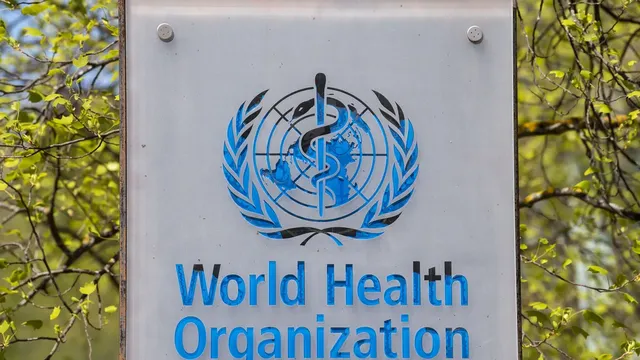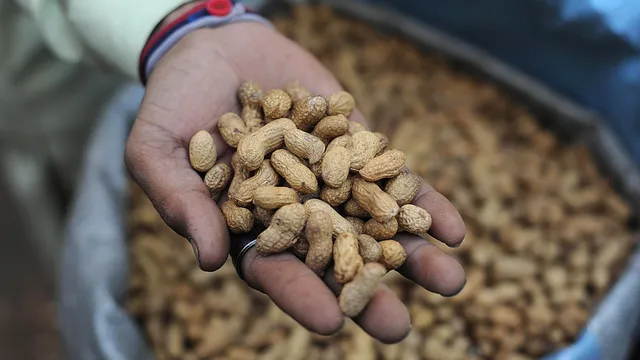Eating bananas could lower the risk of heart failure and early death, according to new research. The fruit is rich in potassium, and a study found that people with heart problems could reduce their risk by a quarter by increasing their intake of this essential mineral, reports Mirror.
In a clinical trial involving 1,200 patients with implanted defibrillators, boosting potassium intake reduced the risk of hospitalization due to arrhythmias, heart failure, and mortality by 24%. Other potassium-rich foods include cabbage, broccoli, Brussels sprouts, spinach, and baked potatoes.
“Higher dietary potassium intake may benefit not only patients with heart disease but probably all of us. Perhaps we should all reduce salt and increase potassium in our diets,” said Professor Henning Bundgaard from Copenhagen University Hospital.
The study, presented at the European Society of Cardiology Congress in Madrid, examined the impact of adding potassium to the diet through both food and supplements.
Western diets are typically high in salt (sodium), which is often hidden in processed foods. Excessive salt intake is linked to higher blood pressure and a greater risk of heart attacks and strokes. Potassium is a vital electrolyte for nerve function, muscle contractions, and maintaining a regular heartbeat. It also helps the body excrete more salt through urine.
“The human body evolved on a potassium-rich, sodium-poor diet when we were eating fruits and vegetables on the savannah,” explained Prof. Bundgaard.
“Today, we consume modern processed foods, where sodium is much higher and potassium is lower. The ratio has dramatically shifted from 10:1 to 1:2. Potassium is crucial for cardiac function—low levels increase the risk of arrhythmias, heart failure, and death,” he added.
A medium banana contains around 500 mg of potassium, half a baked potato about 600 mg, and a cup of raw spinach around 450 mg. Participants in the study were placed on a potassium-rich plant-based diet, while meat—although also high in potassium—was not recommended due to its high sodium content, which counteracts potassium’s benefits.
The National Institutes of Health recommends a daily potassium intake of 3,400 mg for adult men and 2,600 mg for adult women. Pregnant or breastfeeding women should consult a specialist.
Professor Jose Luis Merino from La Paz University Hospital in Madrid recommends obtaining potassium from whole foods rather than supplements: “You can get potassium from fruits like bananas and orange juice, but interestingly, other foods such as spinach, baked potatoes, and lentils contain even more potassium.”
In the study, half of the participants had their potassium levels increased through food, supplements, and a mineralocorticoid receptor antagonist to prevent potassium loss. After six months, average potassium levels rose from 4.01 mmol/L to 4.36 mmol/L, while the non-potassium group averaged 4.05 mmol/L.
Participants with higher potassium intake experienced fewer arrhythmias and planned hospitalizations due to heart failure. About 6.7% of patients on the potassium-rich diet were hospitalized for arrhythmias, compared to 10.7% in the lower-potassium group. Heart failure affected 3.5% of the potassium group versus 5.5% in the control group.

 Breaking news
Breaking news
 Europe
Europe
 Bulgaria
Bulgaria







